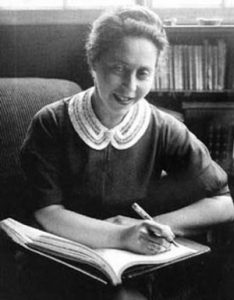Susan Rubin Suleiman on The Nemirovsky Question
 When: Thu., Mar. 2, 2017 at 7:00 pm - 8:00 pm
When: Thu., Mar. 2, 2017 at 7:00 pm - 8:00 pmWhere: Museum of Jewish Heritage
36 Battery Pl.
646-437-4202 Price: Free
Buy tickets/get more info now
See other events in these categories:
 Author Susan Rubin Suleiman delves into the life of the Russian émigré Irène Némirovsky, whose brilliant career as a writer in 1930s France ended tragically with her death in Auschwitz at age 39.
Author Susan Rubin Suleiman delves into the life of the Russian émigré Irène Némirovsky, whose brilliant career as a writer in 1930s France ended tragically with her death in Auschwitz at age 39.
Némirovsky’s two young daughters survived, and as adults they brought their mother back to life. In 2004, “Suite Française,” Némirovsky’s posthumous novel, became an international best seller; some critics, however, condemned her as a “self-hating Jew” whose earlier works were rife with anti-Semitic stereotypes.
Informed by personal interviews with Némirovsky’s descendants and others, as well as by extensive archival research, this wide-ranging intellectual biography situates Némirovsky in the literary and political climate of interwar France and recounts, for the first time, the postwar lives of her daughters. Némirovsky’s Jewish works, Suleiman argues, should be read as explorations of the conflicted identities that shaped the lives of secular Jews in twentieth-century Europe and beyond.
Free – Advance Registration Recommended
Buy tickets/get more info now